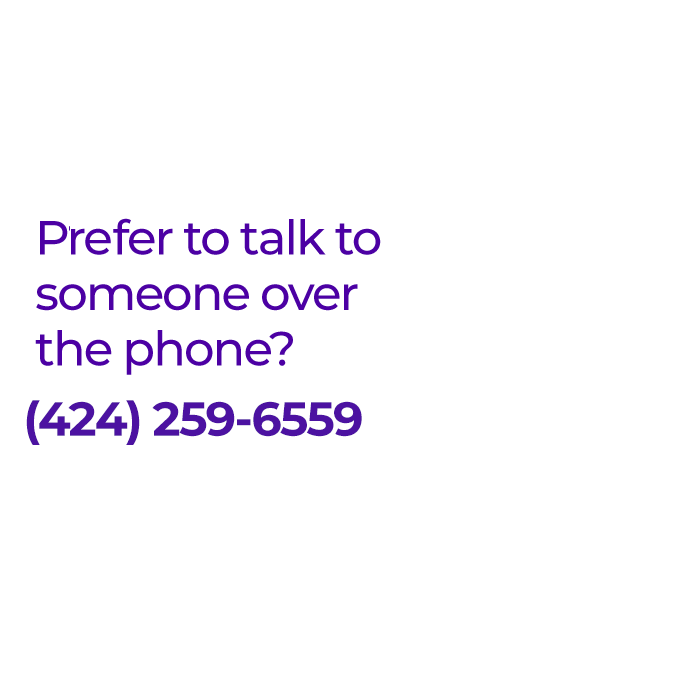My educational background before entering medical school was in economics. As I started medical school and then progressed through my clinical and research training, this evolved into an interest in health services, a field that examines many aspects of health care delivery. This post relates to our recent publication on the types of sleep surgery procedures performed in the United States in 2019.
Evaluating national practice patterns relies on appropriate databases, and I have led research using a set of nationwide databases developed through the Healthcare Cost and Utilization Project, an initiative sponsored by the Agency for Healthcare Research and Quality. The Nationwide Inpatient Sample and Nationwide Ambulatory Surgery Sample include data on inpatient and outpatient care, respectively. The ambulatory surgery data, in particular, has become of higher quality over time, making studies using the data even better.
Over a decade ago, I wrote a post about the fact that there is no single surgery for sleep apnea. We had published a paper looking at national sleep surgery practice patterns from 2000 – 2006, showing that there were an estimated 35,000 sleep surgery procedures were performed in adults in 2006, with the large majority being soft palate surgery. There were some challenges and limitations to this study, including the fact that ambulatory surgery information was only available for certain states, forcing us to make true estimates of national ambulatory surgery. Since that time, much has changed, including advances in surgical evaluation technique like drug-induced sleep endoscopy and the development of hypoglossal nerve stimulation.
So what did the 2019 analysis show?
Our recent paper analyzed national sleep surgery practice patterns for 2019 because this was the last pre-COVID year with available data. We found that the number of sleep apnea surgeries seems to have declined to about 18,500, with the large majority still including palate surgery but fewer Tongue Region-focused procedures and a larger proportion of maxillofacial surgery or hypoglossal nerve stimulation (the latter was unavailable in 2006). In some ways, this is reassuring. With our previous multicenter studies involving many amazing colleagues, we have demonstrated that drug-induced sleep endoscopy can direct surgical decisions, whether for mouth and throat procedures or hypoglossal nerve stimulation. In essence, a decrease in procedures may reflect a greater understanding the limitations of surgery, the goal being to improve outcomes in those who do have surgery by avoiding surgery on those who are notably less likely to benefit substantially.
In our study of 2019, younger individuals were more likely to undergo isolated soft palate surgery, whereas those 40 years of age or older were more likely to undergo treatment with hypoglossal nerve stimulation. This is interesting, in that research has shown that hypoglossal nerve stimulation outcomes improve with the age of the patient. However, non-white groups were less likely to undergo implantaion with hypoglossal nerve stimulation, a pattern that is not based on scientific research.
The decrease in the number of sleep surgery procedures was surprising because, although awareness (and chances of diagnosis) of obstructive sleep apnea, has increased since 2006, the proportion undergoing surgical treatment has declined. We estimated that only 0.03% to 0.77% of adults in the United States with obstructive sleep apnea are undergoing surgery annually. This can mean any of a number of things. To me it suggests there is room for improvement in two areas:
- raising awareness of sleep surgery as an option for patients who do not tolerate positive airway pressure (CPAP, BPAP); and
- improving outcomes of all types of surgery – whether with surgery alone or our study funded by the National Institutes of Health that examines whether specific medications can help patients who do not achieve full relief of their obstructive sleep apnea with surgery alone.




Paul Glavin says:
I am looking for surgeons on the East coast that provide epiglottis stiffening. Are you aware of any such individuals, or resources for searching for those who specialize in this treatment?
Dr. Kezirian says:
I am not aware of people who do this procedure around the United States. I would expect that I am not the only surgeon in the country that performs it, but I just do not know if people specifically perform this procedure.